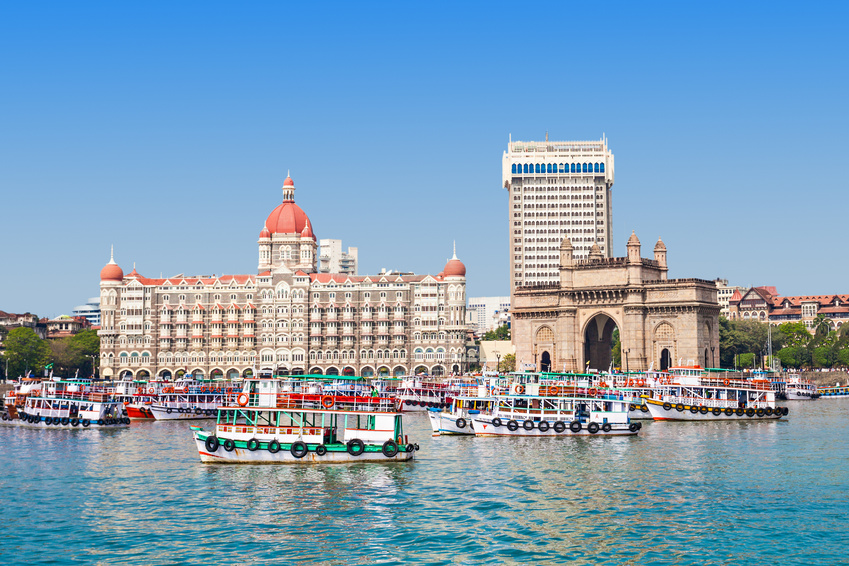By Mini vandePol (Baker McKenzie Hong Kong)
Primary foreign anti-bribery legislation and enforcement agencies
Prevention of Corruption Act 1988 (POCA)
Investigating agency: Central Bureau of Investigation. POCA specifies level of seniority required for persons authorized to investigate offences under POCA (s17).
Offences
Bribe givers / those who attempt to give bribes can be liable: Abetment by instigation, conspiracy or aiding its doing is an offence (s 12).
POCA also provides for intermediary liability – it is an offence for a person who accepts or obtains or agrees to accept or attempts to obtain, from any person, for himself or for any other person, any gratificaation whatever as a motive or reward for:
- inducing by corrupt or legal means, to influence any public servant (s8);
- inducing by the exercise of personal influence to influence any public servant (s9); or
- abetting an offence (s10).
Extraterritorial application – Applies to all citizens of India outside India (s1(2)).
Cabinet cleared amendments in 2015, which target the supply side of corruption by making express provisions for affixing liability on the bribe giver, including corporate liability, “failure to prevent bribery,” and liability for officers.
However, commercial bribery is still not an offense under the PoCA, despite increasing discussion about the need to implement that change
Defences
There are no defences within the POCA. Some defences have been proposed in the yet unpassed Prevention of Corruption (Amendment) Bill, 2013.
It may also be possible to use defences created under the common law (judge-made law) relating to POCA specifically.
Penalties – Criminal or Civil liability
Abetment offences: Imprisonment for between six months to five years and a fine (s 12).
Intermediary liability: imprisonment for between six months to five years and a fine (ss 8-10).
Lokpal Act
The Lokpal and Lokayuktas Act, 2013 (“Lokpal Act”) was signed into effect on 1 Jan 2014.
The Lokpal Act creates an anti-graft ombudsman with broad powers to prosecute all offending politicians, ministers, and senior civil servants, including the Prime Minister of the country
It expands the definition of ‘public servant’ to include a director, manager, secretary or other officer of every other society or association of persons or trust that receives any donation from any foreign source in excess of ten lakh rupees (1 million rupees) in a year.
Whistleblower Law 2014
This law was enacted to offer protection against retaliation for whistleblowers; In instances where retaliation is alleged, the burden of proof is on the public official to show his action was not retaliatory.
